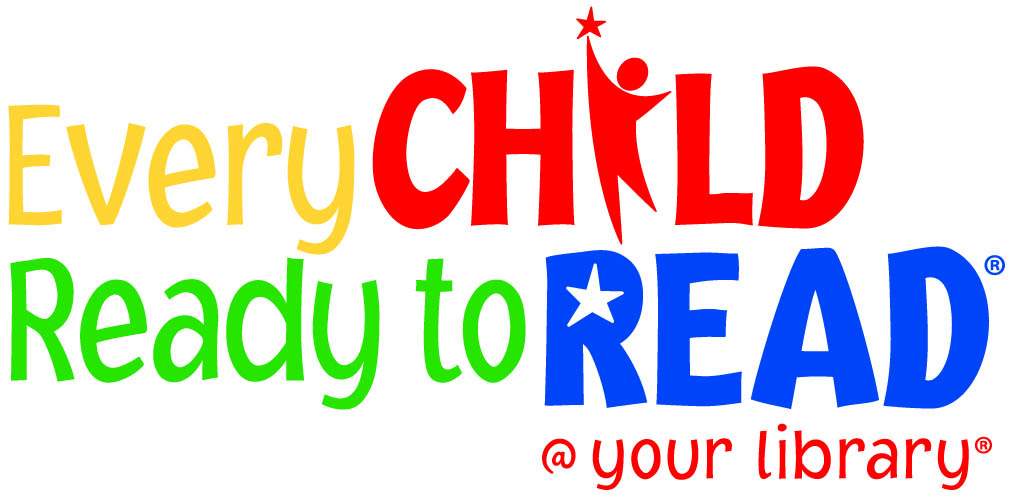Early Literacy Begins with You: Help Your Child Get Ready to Read
Reading is essential to school success. Learning to read begins before children start school. Developing early literacy skills (talking, reading, singing, writing, playing) makes it easier for children to read once they begin school. They can focus on learning to read instead of first learning essential pre-reading skills. Children who start Kindergarten ready to read have greater success throughout their school years.
The Canajoharie Library has books, audiobooks, parenting books, music CD's, read-a-long kits, story times and other programs to help children get ready to read. The library also has activities to encourage the 5 pre-reading skills. Play in our pretend kitchen and store, write a letter and mail to a friend in the library mailbox, create artwork with an art box, build using Duplos, and much more!
The Canajoharie Library has books, audiobooks, parenting books, music CD's, read-a-long kits, story times and other programs to help children get ready to read. The library also has activities to encourage the 5 pre-reading skills. Play in our pretend kitchen and store, write a letter and mail to a friend in the library mailbox, create artwork with an art box, build using Duplos, and much more!
TalkingChildren learn language and other early literacy skills by listening to their parents and others talk. As children hear spoken language, they learn new words and what they mean. They learn about the world around them and important general knowledge . This will help children understand the meaning of what they read.
SingingSongs are a wonderful way to learn about language. Singing also slows down language so children can hear the different sounds that make up words. This helps when children begin to read printed language.
|
ReadingReading together-shared reading-is the single most important way to help children get ready to read. Reading together increases vocabulary and general knowledge. It helps children learn how print looks and how books work. Shared reading also helps children develop an interest in reading. Children who enjoy being read to are more likely to want to learn to read themselves.
WritingReading and writing go together. Both represent spoken language and communicate information. Children can learn pre-reading skills through writing activities.
|
Playing
Children learn a lot about language through play. Play helps children think symbolically so they understand that spoken and written words can stand for real objects and experiences. Play also helps children express themselves and put thoughts into words.
- Give your child plenty of playtime. Some of the best kinds of play are unstructured, when children can use their imagination and create stories about what they're doing.
- Pretend to read a book. Have your child tell you a story based on the pictures in a book. Or ask your child to "read" a book you've read together many times and tell you the story. This develops vocabulary and other language skills.
- Play is one of the best ways for children to learn language and literacy skills.
- Dramatic play helps develop narrative skills as children make up a story about what they're doing. This helps them understand that stories happen in an order: first, next, last.
- Pretend play helps children think symbolically and develop oral language skills. As children play store or pretend to be an animal, they talk about what they are doing. They practice putting thoughts into words.
- Play helps children feel a sense of accomplishment and self confidence. This motivates them to try new experiences and not give up when something seems difficult.
- Make-believe gives children a chance to act out real-life situations, work through worries and fears, and use their imagination to solve problems.

